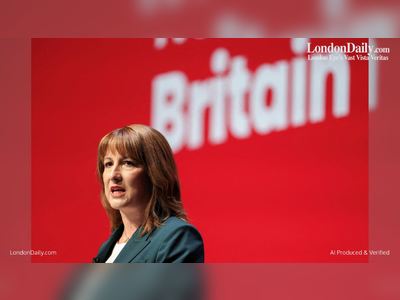
UK Releases Methane Action Plan Aimed at Agriculture and Waste, but Industry Seeks Stronger Regulation for Fuel Supply Sector
Government blueprint addresses methane from farming and landfill yet faces warnings its lack of enforceable rules for the fuel sector may hamper target delivery
The UK government has published its long-awaited action plan to cut methane emissions, setting out ambitions across waste, agriculture and imported fossil fuels as part of its commitment under the Global Methane Pledge.
The new strategy includes efforts to capture methane from landfill gas sites, enhance monitoring, reporting and verification (MRV) systems for agricultural emissions and explore introducing a specific methane reduction target for farming.
In parallel, the plan signals that the role of imported fossil fuels in methane emissions will be examined—a shift beyond domestic boundaries and into global supply‐chain accountability.
However, industry and campaign groups caution that the absence of binding regulation in the fuel-supply sector threatens delivery of the UK’s methane goals.
The Clean Air Task Force (CATF) said: “The plan is a step forward … but methane emissions from the fuel supply sector remain underreported and underregulated.
Without regulatory teeth, the ambition falls short of what is needed.”
Methane is a highly potent greenhouse gas, more than eighty times more effective than carbon dioxide over twenty years, and is contributing around half a degree of global warming now.
Because it is short-lived, abatement offers one of the fastest routes to slow climate change.
The UK government emphasises that this plan underscores its global leadership and domestic ambition to tackle “super-pollutants.”
Despite the positive language, critics point to mixed signals.
Labour-led ministers highlight the inclusion of agriculture and waste sectors, but fail to announce immediate regulatory measures for oil and gas supply chains.
The House of Lords Environment and Climate Change Committee, in a report earlier this year, said the UK must publish a national methane action plan with regulatory enforceability to meet its pledges.
The government has stated that further detail—including sector-specific regulation and measurement protocols—will follow via consultations and regulatory updates.
For now, the plan represents a formal recognition of methane’s role in meeting net-zero and climate resilience objectives.
The next test for lawmakers will be whether the strategy evolves from ambition into binding action and measurable outcomes.
The new strategy includes efforts to capture methane from landfill gas sites, enhance monitoring, reporting and verification (MRV) systems for agricultural emissions and explore introducing a specific methane reduction target for farming.
In parallel, the plan signals that the role of imported fossil fuels in methane emissions will be examined—a shift beyond domestic boundaries and into global supply‐chain accountability.
However, industry and campaign groups caution that the absence of binding regulation in the fuel-supply sector threatens delivery of the UK’s methane goals.
The Clean Air Task Force (CATF) said: “The plan is a step forward … but methane emissions from the fuel supply sector remain underreported and underregulated.
Without regulatory teeth, the ambition falls short of what is needed.”
Methane is a highly potent greenhouse gas, more than eighty times more effective than carbon dioxide over twenty years, and is contributing around half a degree of global warming now.
Because it is short-lived, abatement offers one of the fastest routes to slow climate change.
The UK government emphasises that this plan underscores its global leadership and domestic ambition to tackle “super-pollutants.”
Despite the positive language, critics point to mixed signals.
Labour-led ministers highlight the inclusion of agriculture and waste sectors, but fail to announce immediate regulatory measures for oil and gas supply chains.
The House of Lords Environment and Climate Change Committee, in a report earlier this year, said the UK must publish a national methane action plan with regulatory enforceability to meet its pledges.
The government has stated that further detail—including sector-specific regulation and measurement protocols—will follow via consultations and regulatory updates.
For now, the plan represents a formal recognition of methane’s role in meeting net-zero and climate resilience objectives.
The next test for lawmakers will be whether the strategy evolves from ambition into binding action and measurable outcomes.









